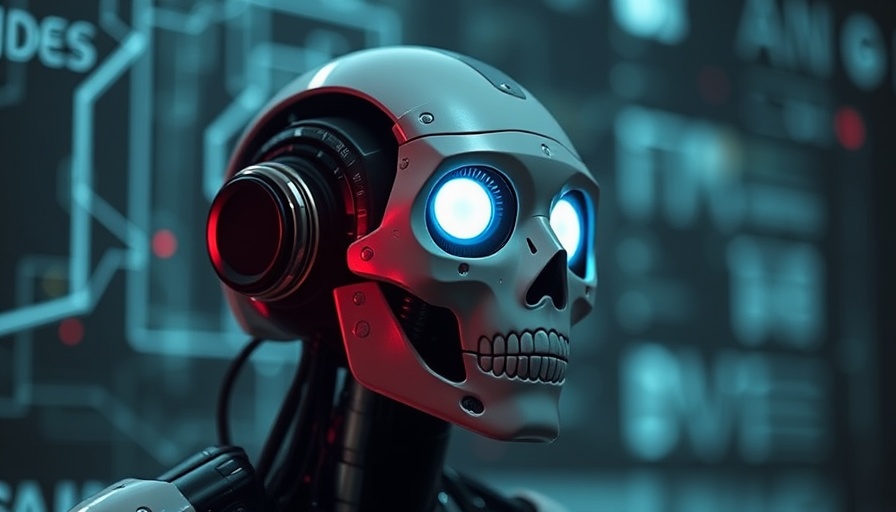
How Intelligent Machines are Shaping Our Future
As artificial intelligence (AI) continues to permeate various sectors, the reshaping of career landscapes is a critical topic of discussion. Writing from Cardiff, Ben Woodford articulates a common concern: while AI poses challenges for today’s graduates, it also emphasizes the need to reimagine employment opportunities for the future.
Understanding the Impact of AI on Employment
AI is becoming unrivaled in tasks traditionally assigned to entry-level positions; it can summarize, analyze, and generate content faster and more efficiently than recent college graduates. This acceleration of AI's capabilities could lead to a significantly reduced number of entry-level roles, raising alarming questions about the future workforce.
However, it is crucial to recognize that AI does not equate to the obsolescence of young talent. Instead, the focus should shift to how the integration of AI can create new roles and redefine existing ones. By adapting to these changes, graduates can embrace rather than fear the technological progression that lies ahead.
Innovative Solutions for a New Era
Woodford highlights that while the risk of automation exists, the greater threat is inertia. This means failing to adapt to a world where our traditional views of work and contribution must evolve. Implementing concepts like universal basic income could provide a framework for supporting individuals in an economy where jobs become scarcer.
This isn’t just about protecting jobs; it’s about understanding what it means to live and thrive alongside intelligent machines. Emphasizing the dual necessity for government incentives to encourage companies to hire graduates and for integrating intelligent technologies that bolster human involvement in the workforce is vital.
Empowering Graduates in a Tech-Driven World
Today’s graduates are more than mere entry-level employees; they are tomorrow’s innovators and leaders. An entire generation raised in a digital world possesses skills that complement AI innovations. Rather than seeing AI as a competitor, there’s an opportunity for collaboration, where human creativity works in tandem with machine efficiency.
Persistent calls for urgent action resonate through Woodford’s reflections. Graduates require training and support to harness AI for good, advocating for an adjustment in how we perceive entry-level positions in the evolving work landscape of the 2020s.
Actionable Takeaways for Today’s Workforce
For individuals poised to navigate this new tech-driven frontier, understanding the basics of AI is crucial. Resources on AI fundamentals, such as introductory courses and tutorials, equip professionals with the knowledge necessary to coexist with these intelligent systems.
Further, embracing a mindset focused on continuous learning in AI can illuminate new pathways for career growth and help individuals stay relevant. Universities and technical institutions should be encouraged to update curricula to include AI principles, integrating them into various fields of study to equip future professionals adequately.
Conclusion: Embracing Change for a Brighter Future
As we stand at the intersection of technological advancement and societal evolution, understanding the impact of AI on careers is more relevant than ever. It is essential to champion not just for job protection but for transformative practices that redefine what work and success mean in our rapidly changing world.
 Add Row
Add Row  Add
Add 




 Add Row
Add Row  Add
Add 



Write A Comment